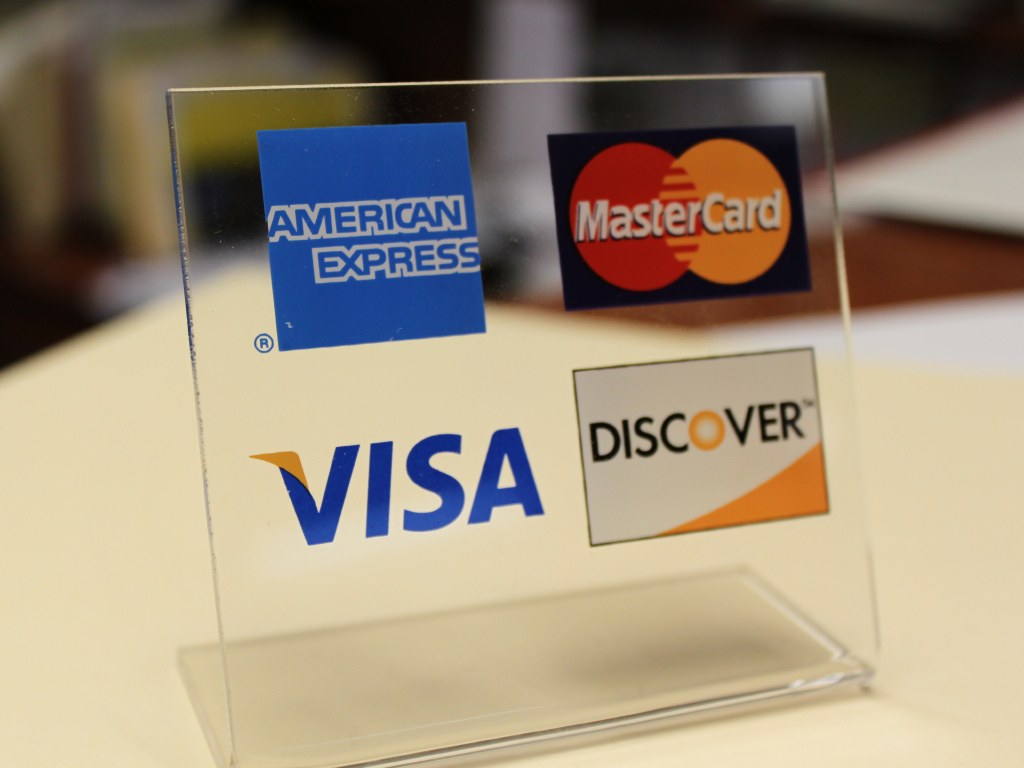Top 10 Chargeback Facts

Benjamin Grossman
Dec 31, 2018
4 min read
1. A chargeback is a bank-issued refund
For reasons of simplicity, this is the best working definition of a chargeback. Chargebacks are filed by the consumer/card-holder regarding a transaction for which they used their bank-issued card. There are a few classifications of disputed claims, which we will cover shortly. The chargeback process allows the customer to circumvent the merchant refund request and address the bank directly, initiating the chargeback investigation process.
2. Chargebacks were created to protect the consumer
In the age before everyone had a credit card in their wallet, there was consumer doubt about the safety and security of utilizing credit and debit cards. Concerns about fraudulent charges or transactions tacked on by unscrupulous merchants kept a large portion of the population from trusting the information exchange involved with cards. This cash preference was eventually overcome in part by a series of legislation- the prime example of which is The Fair Credit Billing Act of 1974, which created chargebacks. The promise of protection worked, as you can see by the current widespread use of credit cards for in-store and online payments.
3. Chargebacks come in many varieties
Here are some common chargeback codes, just to give an idea of the wide variety of things for which a bank can levy a chargeback against a merchant.
VISA:
30- Services Not Provided or Merchandise Not Received
53- Not as Described or Defective Merchandise
57- Fraudulent Multiple Transactions
62- Counterfeit Transaction

81- Fraud; Card present
83- Fraud; Card absent
MASTERCARD:
8- Required Authorization Not Obtained
31- Transaction Amount Differs
34- Duplicate Processing
35- Card Not Valid/Card Expired
37- No Cardholder Authorization
40- Fraudulent Processing of Transactions
41- Cancelled Recurring Transaction
49- Questionable Merchant Activity
53- Cardholder Dispute, Defective / Not as Described
55- Non-receipt of Merchandise
59- Services Not Rendered
62- Counterfeit Transaction Magnetic Stripe POS Fraud
63- Cardholder Does Not Recognize-Potential Fraud
4. Merchant-consumer communication is key
As the list above indicates, there is a lot to chargebacks. Cardholders file chargebacks for a vast and varied number of reasons, many of which may be misunderstandings. Unless malevolent fraud is suspected, the customer has a duty (often required by card-issuing banks) to contact the merchant for resolution first. Handling the issue with a refund returns funds to a cardholder’s account much faster than the chargeback process. A recent survey found that over 80% of cardholders filed a chargeback because they “didn’t have time” to properly request a merchant-issued refund.
Cardholders might file a chargeback because they…

…missed the return window.
…wish to circumvent the restocking or handling fee.
…want to avoid the return process.
…were impatient or misunderstood the delivery schedule and filed before their item arrived.
…have buyer’s remorse.
…don’t recognize or forgot about the transaction.
…want something for free.
In this last instance, if the cardholder understands that they owe money for their item or services but are purposefully using the chargeback system to commit theft, they are committing what is commonly known as “friendly fraud.”
5. Consumer chargeback fraud is on the rise
Known also as “friendly fraud,” the incidence of this type of theft is increasing, and merchants are taking the hit. With a chargeback, the customer is not required to return the merchandise from the transaction in question. In cases of legitimate fraud or security breaches where information is compromised, chargebacks are important and necessary to maintain consumer trust. However, those are not the only circumstances covered by banks regarding payment processing. If a merchant cannot provide compelling evidence to dispute a chargeback claim, they are out of luck. In the case that the consumer falsely claims non-receipt of an item, the chargeback is issued. If a consumer reports that services rendered were not as described and the merchant cannot clearly prove otherwise, the chargeback is issued. Money is pulled out of the merchant’s account to refund the customer, and that’s not all.

6. The merchant shoulders the cost
Not only is the cost of the refund removed from the merchant’s account (possibly without warning from the bank), but so are additional fees. Transaction fees ($20 to $100 per chargeback) and administrative costs are charged to the merchant. Even if the chargeback is reversed and the consumer is charged again for goods or services initially rendered, the fees are not returned to the merchant. Additionally, the consequences of the initial chargeback stick around on a merchant’s record. This can negatively impact their credit card processing and payment processing abilities.
7. Chargebacks have consequences
The transaction to chargeback ratio of a merchant is of enormous importance. The very nature of a product or service may increase the risk of chargebacks, for instance with massage therapy, CBD vendors, and holistic pharmacies. Despite the attempt of a merchant to be transparent, consumers may still consider their expectations unmet. This can create a “high risk” label for the merchant’s business. If the rate of chargebacks exceeds 1% of transactions, a merchant may have their payment processing privileges restricted. Should the merchant wish to remain afloat, they may need to obtain a high risk merchant account. High risk credit card processing may come with rolling reserves and higher processing fees. On the other hand, consumers caught filing fraudulent chargebacks or using chargebacks excessively can have their accounts closed.
8. Disputing chargebacks can be a losing battle
Merchants are losing the battle against friendly fraud, and more and more businesses are qualifying as “high risk” according to their payment processing histories. The chargeback process is skewed towards protection of the consumer. While this makes sense through the lens of identity theft and information security, it is now more likely that a merchant will be defrauded by a consumer than vice-versa. Of merchants disputing friendly fraud, less than one-fifth, or under 20%, reported winning more than half of the disputes. Handling chargeback disputes in-house, without additional help, lowers the likelihood that the merchant will win the battle against friendly fraud.
9. Quality and customer service make a difference

Businesses can benefit by putting energy into the quality of their products- vetting and developing a product line which they can stand behind. Tracking deliveries and clearly communicating with the consumer eliminates confusion regarding the expected arrival time of an item. Merchants who are easy to contact and follow up with customers regarding services have lower overall chargeback rates. There are ways to manage the risk of chargebacks on your transaction record, but the problem cannot be tackled without awareness and, very often, help.
10. Growth is possible despite chargeback risks
Chargeback management is a growing field due to the growing demand produced by issues like abuse of the chargeback process. Even legitimate chargebacks carry time-intensive requirements. Using this time to grow your business and revenue is difficult when saddled with constant transaction disputes. Pinpoint Payments provides payment processing solutions and high risk transaction processing tools. We aim to allow you to grow your business without the constant struggle of facing returns and chargeback issues. If you’re interested in merchant processing that helps to remove the frustration involved with chargeback management, visit our contact page or call us for more information. We look forward to helping you grow your business and reduce your stress!
